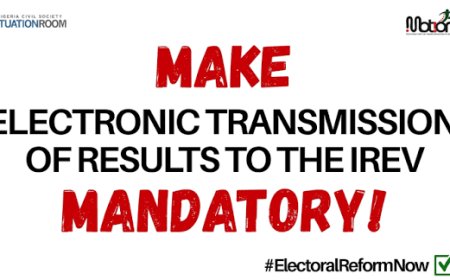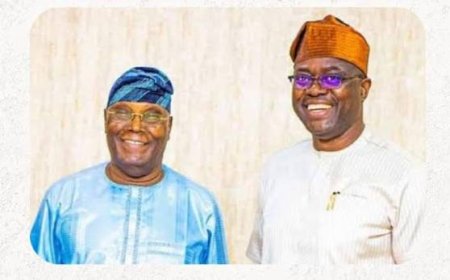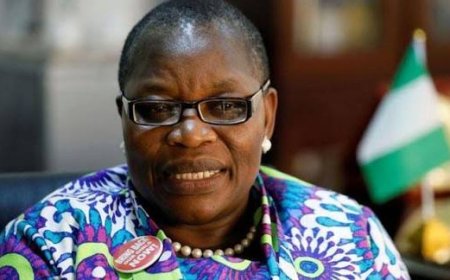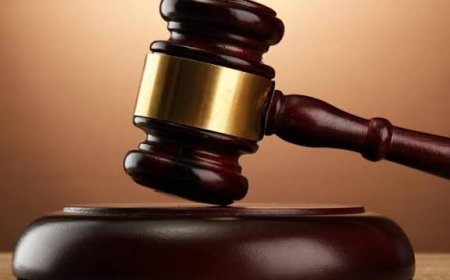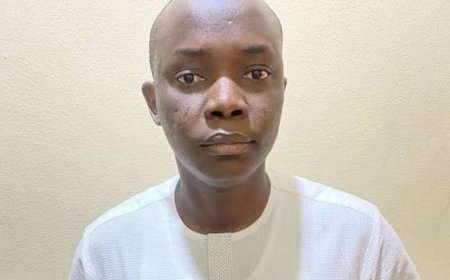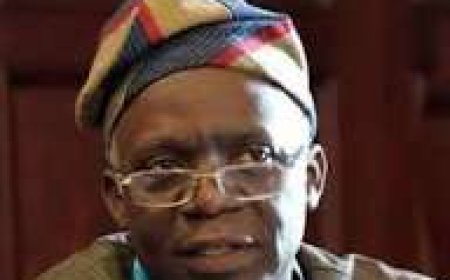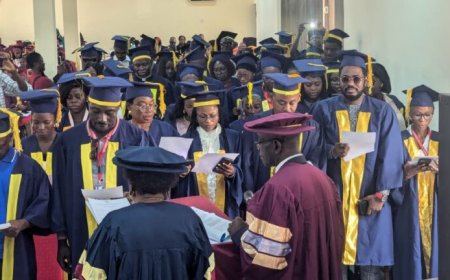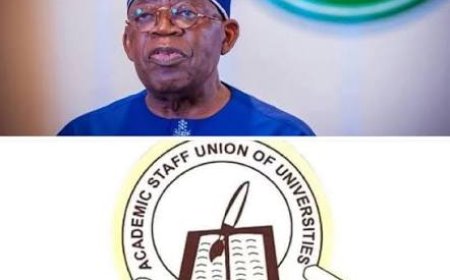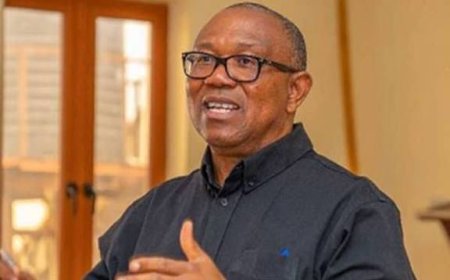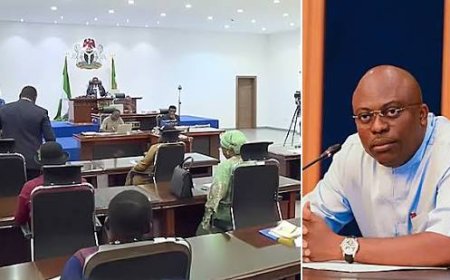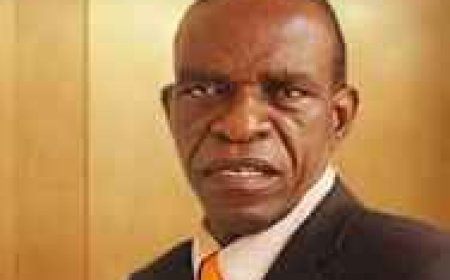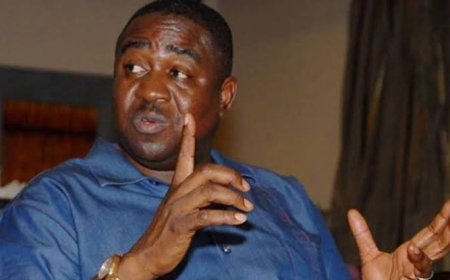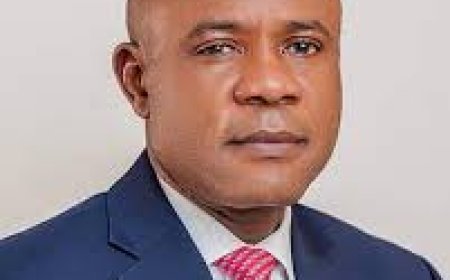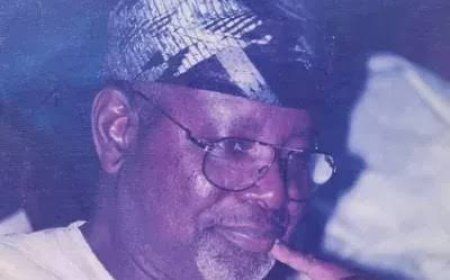Longest Serving CJN, Mohammed Uwais dies at 89
Former Chief Justice of Nigeria, CJN, Mohammed Uwais, has died at the age of 89 years, according to family sources.
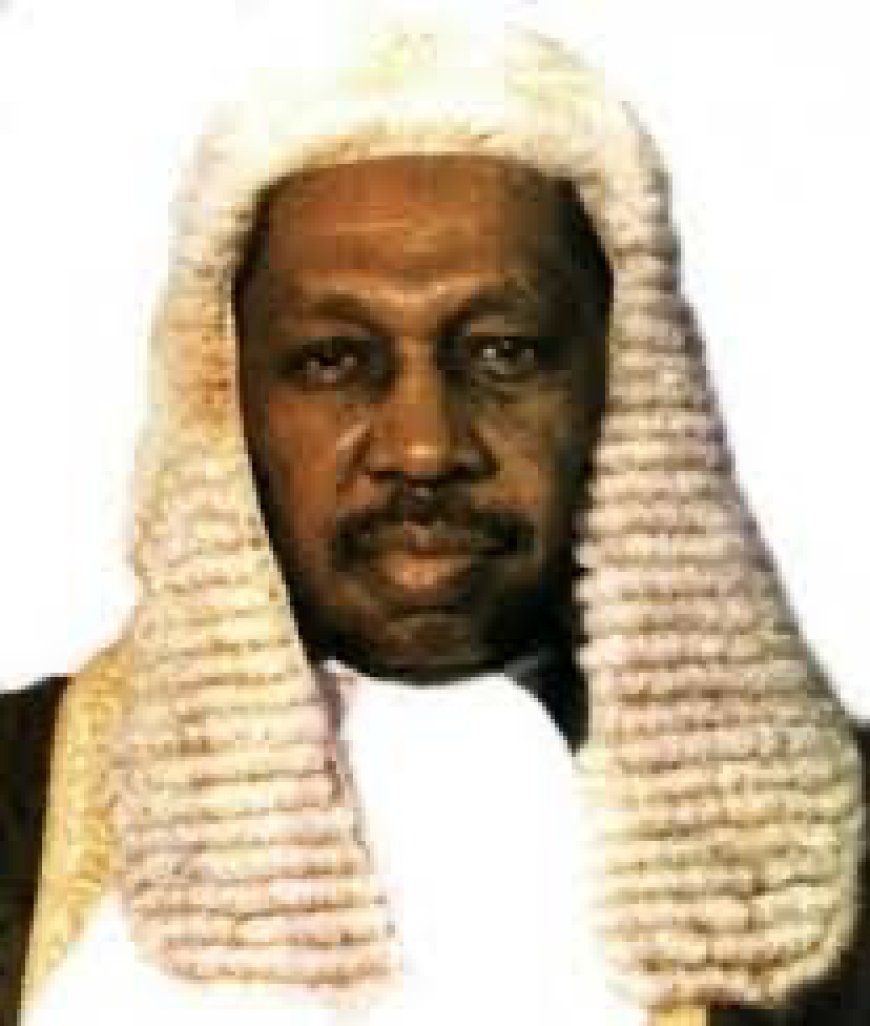
Former Chief Justice of Nigeria, CJN, Mohammed Uwais, has died at the age of 89 years, according to family sources.
Uwais died on Friday, June 6, 2025, in Abuja, even as preparations were said to be underway for his funeral prayer and burial.
After retiring from the Supreme Court, where he served for 11 years as CJN, Uwais was appointed by the late President Umaru Musa Yar’Adua to lead the Electoral Reform Committee, where he played a key role in efforts to improve Nigeria’s electoral system.
Uwais GCON, chaired a commission that published a much-publicized report on electoral reform.that submitted it's report on December 11, 2008 with recommendations that included establishing commissions to deal with Electoral Offences, Constituency Delimitation and Political Parties Registration and Regulation.
Some of the powers vested in the Independent National Electoral Commission, INEC, and the State Independent Electoral Commissions would be transferred to the new commissions.
The committee recommended proportional representation in elections to the Federal and state legislatures and to the local government councils.
The report also recommended that the head of the Independent National Electoral Commission should be appointed by the judiciary rather than the President, but this recommendation was rejected by President Umaru Yar’Adua.
Yar’Adua forwarded a modified version of the Uwais report to the legislature in 2009, drawing considerable criticism since many felt that recent elections had been deeply flawed and that basic reforms were required.
In March 2010, Acting President Goodluck Jonathan forwarded an unedited version of the report to the National Assembly for approval, by implication, saying that the recommendations should be implemented in their entirety before the 2011 national elections.
The issue of power to appoint the INEC head remained controversial, before the Senate Committee on the Review of the Constitution rejected the recommendation to transfer this power to the judiciary.
After the resubmission, deputy chief whip of the Senate, Mohammed Mana, argued that letting the Judiciary appoint the INEC chairman violated the principle of separation of powers, since the Judiciary was responsible for hearing the cases arising from elections.
What's Your Reaction?















